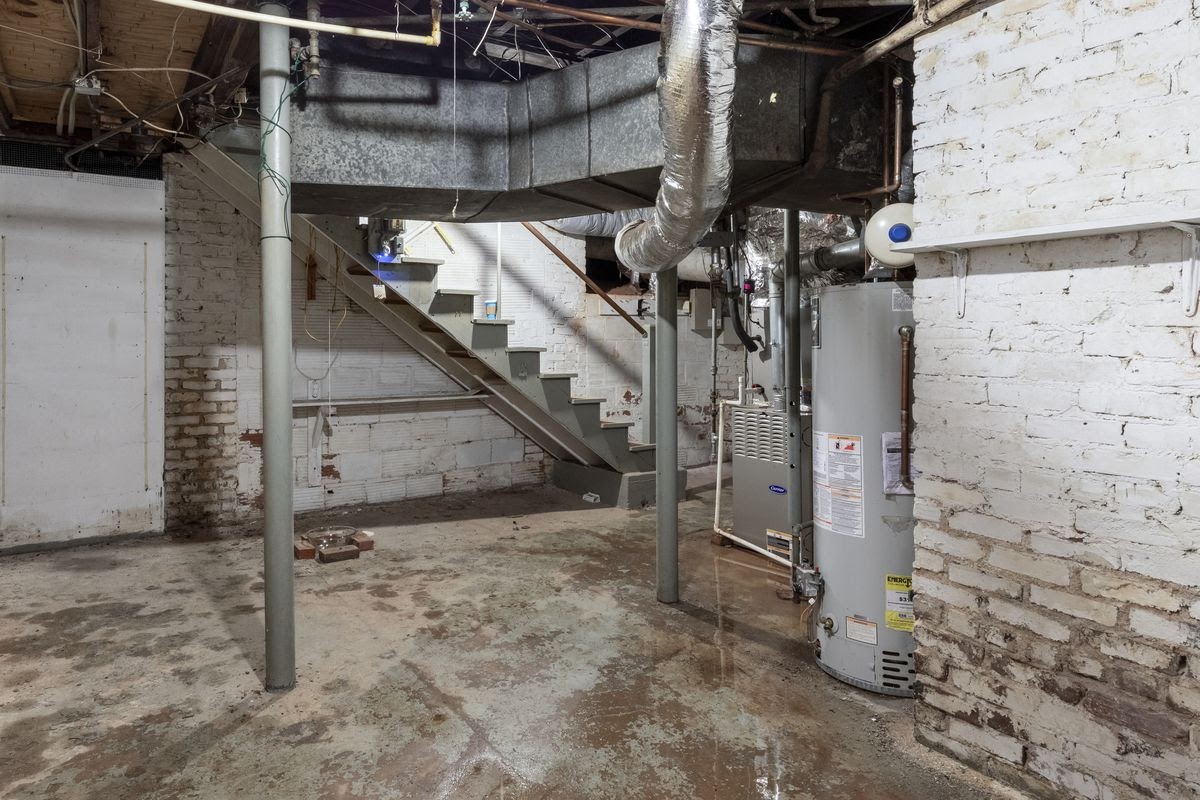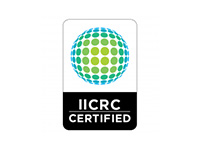Does your basement have a musty odor that you can’t seem to eliminate? You can spend hours scrubbing, mopping, and spraying your basement with an air freshener, but that’s not going to cut it in most cases. You may even start to think that there’s no way to make your home’s lower-level smell good.
Don’t worry; there’s good news. All you need is the right strategy and little patience.
Continue reading to learn how to get rid of that musty smell in your basement once and for all.
What Causes That Musty Odor in the First Place?
If you want to get rid of that musty odor in your basement successfully, you’ll first need to find the source of the smell. In most cases, the cause of that unpleasant smell is either mold or mildew.
Since basements are dark and moist, they’re the perfect breeding ground for mold. Sometimes, it can be difficult to spot mold spores early in their growth stages. However, they can quickly infiltrate the rest of your home if left untreated. What’s more, fungus can cause many health problems such as respiratory infections, itchy eyes, and irritated skin.
Here are some areas where moisture can get into your basement and cause the musty-smelling mold and mildew to grow:
- Cracks in the windows or walls
- Leaks from cracks in the foundation, walls, or the roof above
- Plumbing issues
Groundwater can also be the cause of mold or mildew growing in the lower levels of your home. Water that collects on your lawn can eventually work its way into your basement, which can lead to several problems for the house’s foundation and the health of its inhabitants.
How To Eliminate Musty Basement Smells
To keep your basement smelling fresh, consider the following tips.
1. Inspect Your Basement for Leaks
Finding the mold or mildew source is crucial if you want to remove that unpleasant smell from your basement. Leaks tend to be the primary suspect of any foul smells in your home, so it’s vital to fix them as soon as possible. Not only will it make your home smell better, but it can also protect your property from water damage further down the line.
If your basement has exposed pipes running on the ceiling, you can start by covering them with foam insulation. You can find the foam covers at any general home improvement store, and they’re usually affordable. The insulation will absorb any sweating pipes and prevent the moisture from spreading throughout your basement.
However, you should call a plumber if the pipes are leaking heavily.
2. Maintain Healthy Humidity Levels
Have you ever noticed that your basement is always slightly cooler than the rest of your dwelling? That’s because of its lower position. While this can be pleasant during the hot summer months, it can cause excess moisture and lead to mold growth. When the warm air from your home’s upper levels enters the basement, the water vapor can condense and cover the walls.
Mold likes a humidity level of over 60%. To keep your humidity levels in check, you can invest in a hygrometer to measure your basement’s humidity levels. It also might help to buy a dehumidifier.
3. Remove Mold and Mildew Spores Immediately
The next step after controlling your basement’s humidity levels is to remove any mold or mildew spores. Follow these steps to remove the spores safely and effectively:
- Get rid of any moldy materials such as clothes, rags, and cardboard boxes. Wear protective clothing, gloves, and eye protection to prevent the spores from getting on your skin.
- Inspect the walls, floor, and ceiling for mold growth. Try and look at the dark corners of the basement to ensure you don’t miss any spots.
- Scrub the surfaces with a bleach solution or specialized cleaning liquids to remove the compounds. Be sure to throw away any sponges or materials you use during the cleaning process.
4. Eliminate the Odor
Now that you’ve adequately removed the source of the smell, it’s time to neutralize the odor. You can get rid of the musty smell in many ways, but baking soda seems to be the easiest and most effective.
Baking soda has some fantastic natural odor-absorbing capabilities that will have your basement smelling fresh in no time. All you need to do is place a few bowls of it throughout the room and let nature work its magic. You can also add in a few bowls of white vinegar to help expedite the process.
When Should You Seek Professional Help?
While you can try the DIY mold removal strategy above, sometimes the problem requires professional assistance. If you try everything above and you still have fungal growth in your basement, consider reaching out to a mold remediation service.
You should also get professional help if the spores are causing health risks such as allergies, asthma attacks, or other respiratory problems. Green spores are a specific type of fungus that can be quite dangerous if left untreated. Reach out to a professional if you notice green fungal growth on your basement’s walls, floors, or ceiling.
Get Your Basement Smelling Healthy Again Today!
Dealing with a musty-smelling cellar can be daunting. Not only is it tricky to get rid of the odor, but it can lead to health risks and property damage over time. The best way to deal with a smelly basement is to face the problem head-on, as ignoring it will only make it worse.
If you’re looking for a competent team for mold remediation service, reach out to us here at IDC Fire and Water Restoration. We’ve helped countless homeowners handle musty cellars, and we’d love to help you next. Contact us today to request a service or to learn more about what we do.













